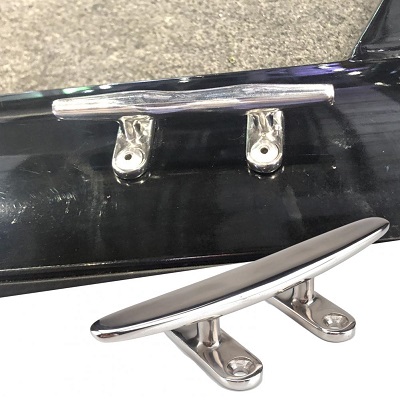Email:[email protected] Tel:+86-535-6953600
Why does the stainless steel rust?

Stainless steel is an alloy of iron, carbon, and other elements such as chromium, nickel, and molybdenum. These elements are added to the steel to enhance its corrosion resistance properties. Stainless steel is known for its ability to resist rust and corrosion, but it is not completely immune to these processes.
The primary reason why stainless steel may rust is due to the presence of iron in the alloy. Even though stainless steel contains chromium, which creates a protective layer on the surface of the steel, this layer can be compromised if the steel is exposed to corrosive elements, such as saltwater, acidic solutions, or chlorine.
If the protective layer is damaged or compromised, the iron in the alloy may be exposed to the corrosive elements, leading to rusting. The rusting process can be accelerated if the stainless steel is exposed to high humidity, high temperatures, or if it is scratched or damaged.
To prevent stainless steel from rusting, it is important to maintain the protective layer on the surface of the steel. This can be achieved by cleaning the steel regularly with a mild detergent and water, avoiding harsh chemicals, and protecting the steel from exposure to corrosive elements.
